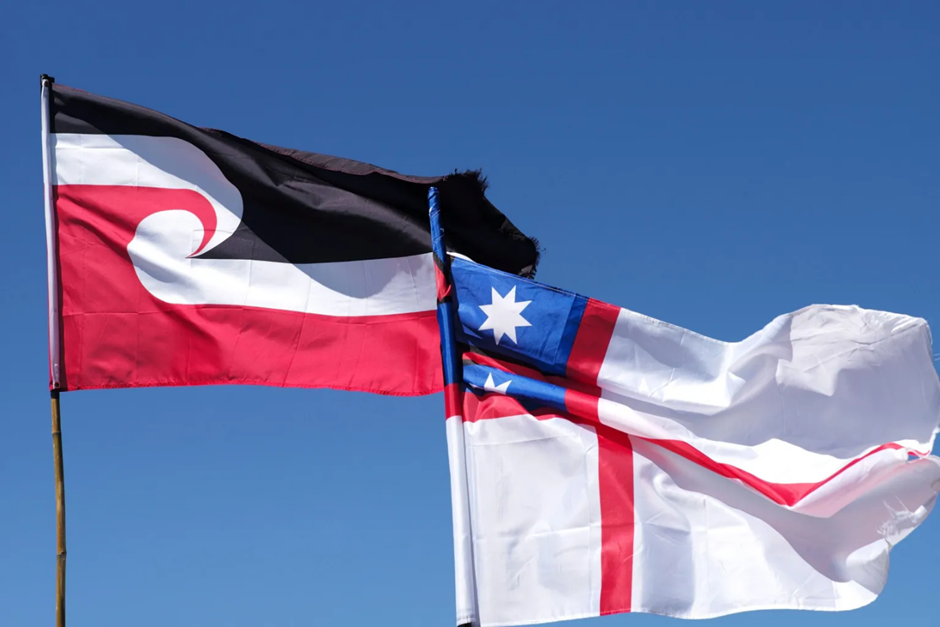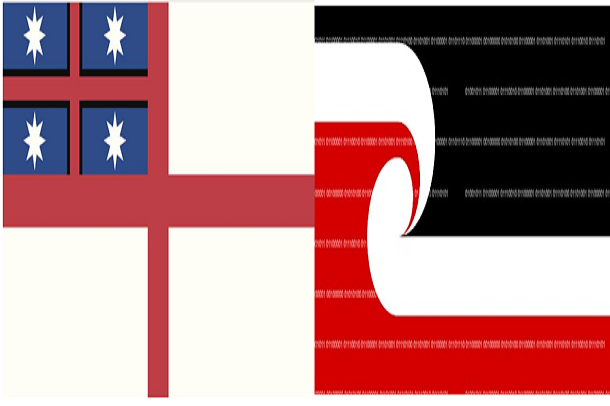The regulatory organisation of the Internet Domain Name .nz domain name space asked for feedback on their consultation. My submission considers Māori and Iwi representation and the lack of consultation in past reviews of .nz and it appears they have also been overlooked in this consultation. My feedback is based on 22 years of Māori activism in the .nz space with the current and previous governing bodies.
A. Introduction
The DNC is not directly responsible to consider New Zealand’s partnership with Māori as stated in
the Treaty of Waitangi. However, good community and corporate citizens and society in general
largely accept we live in a society that recognises its obligations to the Treaty of Waitangi and or an
understanding of The Māori Language Act.
The .nz management has usually not considered Māori or other cultures who are its stakeholders.
It is also important to state here that there is not one Māori world view. This is due to social and
family hierarchy, colonisation, introduction of religions, cultural assimilation and urbanisation. By
consulting individuals, you will only seek an individual opinion.
B. Historical Māori involvement with .nz
Over the past 22 years that I have been engaged with .nz, cultural rights and representation of Māori
have been largely ignored and there was been little to no general Māori views that have been
represented at the leadership and governance levels of the DNC, InternetNZ and its former entity
ISOCNZ.
- The first opportunity for Māori to contribute to a .nz review occurred in 1997 with ISOCNZ.
Despite the large support by Māori, they were ignored. I note here that about the same
year, iwi.nz was created. But it was not created by consultation. The criteria was unfair and
too restrictive to all but a few Iwi at the time. - In 2000 Māori used the relevant at the time new 2LD policy to have maori.nz created. The
vote and submissions were clear proof that Māori did indeed want to have a voice in .nz, but
did not feel comfortable within the .nz legal entity that governs .nz . - In 2007 the introduction of IDN’s in .nz did consider Māori language after the community
asked for it. Then registrations with ā, ē, ī , ō, ū and the introduction of māori.nz was
introduced. It is noted that this was also a technical feat that gained .nz international
attention. - 2007 the DNC ignored a request to offer a bilingual alternative to the current .nz DNS. The
simple response was that it was not in the policy. - In 2014, the .nz was opened up without any consultation to Māori. This has resulted in most
of the proposed bilingual alternatives currently being cyber squatted. With appropriate
consultation and partnerships with Māori, this could have been a significant opportunity to
have an inviting to Māori .nz space.
For a more detailed account of Māori seeking fair representation in the .nz space
https://www.taiuru.co.nz/publications/essays-and-papers/contents/
C. Disputes and Offensive to Māori registrations
I accept and understand that it is not the role of the DNC to be a judge and jury of registrations.
However, traditional knowledge, mātauranga Māori and Indigenous fairness is not able to be
recognised by the New Zealand Legal system. The Copyright Act review is seeking feedback
regarding Treaty and Traditional Knowledge issues.
For many years, a number of offensive to Māori registrations and historically used names such as Iwi
names have been registered and cyber squatted with no repercussions. The only way to combat
these registrations was to use the WHOIS Policy as most of the time these registrations used aliases
and fake addresses.
I recommend that the DNC utilises a dispute process for Māori knowledge. This is an opportunity for
New Zealand to be leaders in the world.
The DNC disputes process could involve a new advisory group that considers “Offensive to Māori”
and “Traditional Knowledge” complaints. The New Zealand government MBIE utilise a TradeMarks
and a Patents Maori advisory committee that has statutory authority. It is my understanding that
there are also discussions with the Companies Office for a similar committee. The Plants Variety Act
Review and Copyright Review have also mooted new committees to assist with disputes. This
recommendation was largely from the WAI 262 recommendations. I believe this is something that
the DNC should consider.
Another area that is growing slowly is the usage of te reo Māori names and translations. I am aware
of at least one government organisation who could not register the Māori version of their name as
someone had cyber squatted it. Again, the current disputes process and structure does not cater to
Māori language complaints.
When dot KIWI was being launched, the company took the proactive step of creating a list of
offensive to Māori names and ensured the similar to .nz, Iwi names could be protected. I would like
to see a similar initiative with .nz .
D. Culturally Aware organisation
Good governance teams are gender and culturally diverse according to Institute of Directors. I would
add that in addition to that, good governance also incorporates kaupapa Māori frameworks into
their governance roles. Acts such as a karakia do not reflect partnerships and genuine appreciation
of another culture.
As the .nz space is for all New Zealanders and has not considered Māori in the past, some
consideration for a Māori appointment or a co design approach for reviews should be considered.
I recommend that the DNC consider a co-governance and a co-design with Māori as a part of their
daily business.
E. iwi.nz
I am the moderator for .iwi.nz, a position I have held since 2000 when there was a threat to stop
taking new registrations in the iwi.nz domain.
I have found the policies to be culturally ignorant and unworkable for a society of Iwi who are
settling Waitangi Tribunal settlements and looking to invest in an online presence. The iwi.nz criteria
is outdated, but the DNC policy restrict a culturally appropriate manner to grow the iwi.nz policy.
What is a suitable consultation process for a government entity that is well defined by hierarchies,
legislation, policies, staff and regulations is not suitable for Iwi who are more fluid. collective and
structured by Iwi, hapū, marae and whanau.
More consideration needs to be made in this area to allow Iwi to craft and change the iwi.nz criteria
in a culturally appropriate manner. Sending a letter to an Iwi organisation seeking feedback and or
approval does not work.
I recommend a review of the Moderated 2LD policies is undertaken and specifically how the DNC
can interact and consult with Iwi regarding the .iwi.nz space.
F. .nz policies
No .nz policies have ever considered mātauranga Māori/a Māori world view.
I recommend that all policies are reviewed with a kaupapa Māori focus. This would also make .nz a
friendlier and inviting space for Māori.
G. National and International Treaties
In addition to the Treaty of Waitangi that is mentioned earlier in this submission, there are also a
number of Waitangi tribunal decisions that should be considered with .nz policies including WAI 262
findings that discuss the protection of Māori knowledge.
Consideration should be considered within the .nz of The United Nations Declaration of Indigenous
Rights. New Zealand is a signatory and the current government are leading the world to ensure New
Zealand is implementing the declaration.
I recommend that that the Treaty, relevant tribunal findings and the UN Declaration of Indigenous
Rights is considered and recommendations to considered and introduced into all .nz policies.
H. Digital Colonialism and Data Sovereignty
The .nz space is a participant of digital colonialism by not considering and engaging with Māori. Data
sovereignty is also an international issue that impacts on Māori.
I recommend that both digital colonialism and data sovereignty rights should be considered with the
.nz system and how .nz can be a leader in this area.





Leave a Reply
You must be logged in to post a comment.